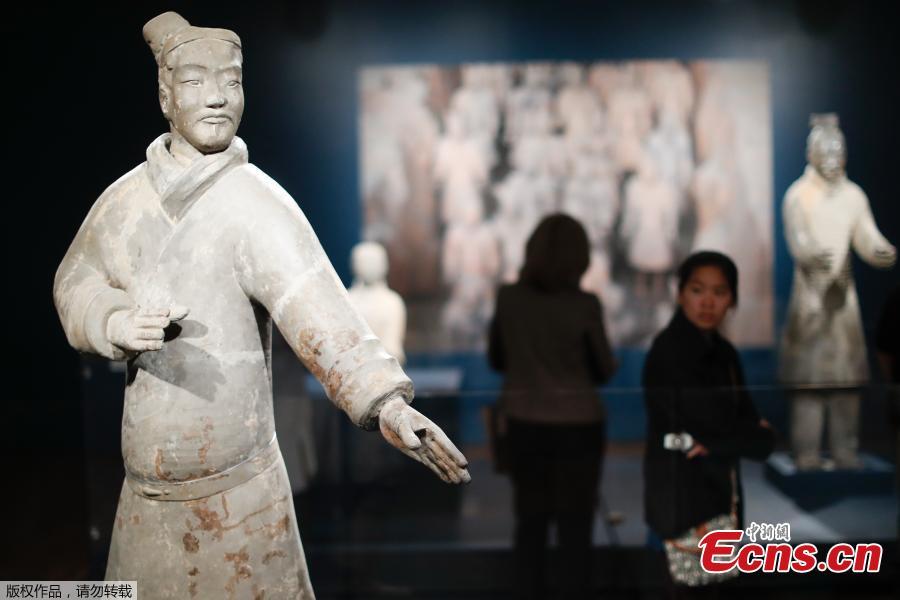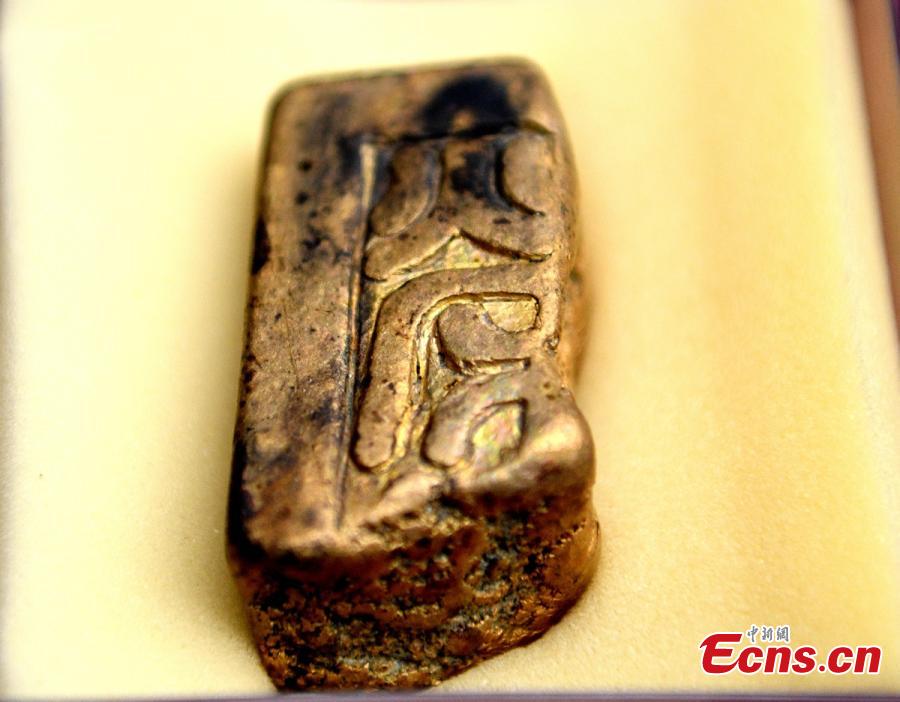Japanese researchers identified the mechanism that an artificial compound derived from vitamin-A targets one class of liver cancer stem cells, preventing them from giving rise to new tumors.
A study, published on Monday in the Proceedings of the National Academy of Sciences, provides important hints for decreasing cancer recurrence and curing patients.
Acyclic retinoid has been found to prevent the recurrence of hepatocellular carcinoma (HCC), the most common, highly-lethal form of liver cancer, the second deadliest cancer after non-small cell lung cancer. However, scientists were not clear exactly why it worked.
The cancer has a high rate of recurrence. Surgery and other treatments are initially effective, but the cancer often relapses.
A research group led by Soichi Kojima of the RIKEN Center for Integrative Medical Science in Japan looked at the transcriptome of cells that had been exposed to acyclic retinoid, and found that compared to control untreated cells, they had low expression of MYCN, a gene that is often expressed in tumors and is correlated with poor prognosis.
They repressed the expression of the gene in cancer cells, and found that the reduction in MYCN expression led functionally to slower cell-cycle progression, proliferation, and colony formation, implying that the action of the acyclic retinoid on MYCN was slowing the cancer growth.
They found that high expression of MYCN was correlated with the expression of a number of markers that are associated with cancer stem cells.
The "cancer stem cells," are special cells that are able to survive the onslaught of chemotherapy or other treatments, then differentiating into new cancer cells and leading to recurrence.
"When we then looked at different subpopulations of heterogeneous cancer cells and found one specific group of EpCAM-positive cancer stem cells, where MYCN was elevated," said Kojima. "We wondered if perhaps the key to acyclic retinoid's effect was its ability to target these hepatic cancer stem cells."
Experiments revealed that when exposed to acyclic retinoid, in a dose dependent manner, the EpCAM-positive cells were selectively depleted.
Also, the researchers took liver biopsies of patients who had been given acyclic retinoid following liver cancer surgery, and found that in four of the six who had received a higher dosage of 600 mg/d, there were decreased levels of MYCN expression.
They looked at data from the Cancer Genome Atlas, and found that elevated expression of MYCN correlated with dramatically poorer prognosis.
"It is remarkable that the acyclic retinoid clearly targets a certain category of cancer stem cells, and this provides us with important hints for decreasing cancer recurrence and truly curing patients. We are waiting to see what clinical data will show us," said Kojima.
A phase 3 clinical trial of acyclic retinoid (also called Peretinoin), is currently underway to test the drug's ability to prevent HCC recurrence.


















































